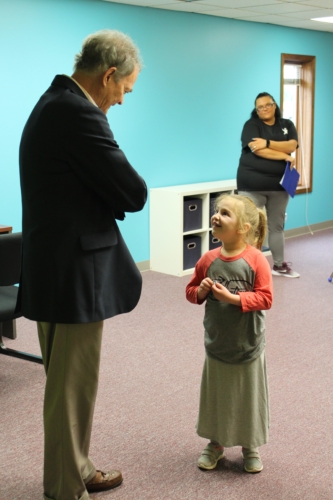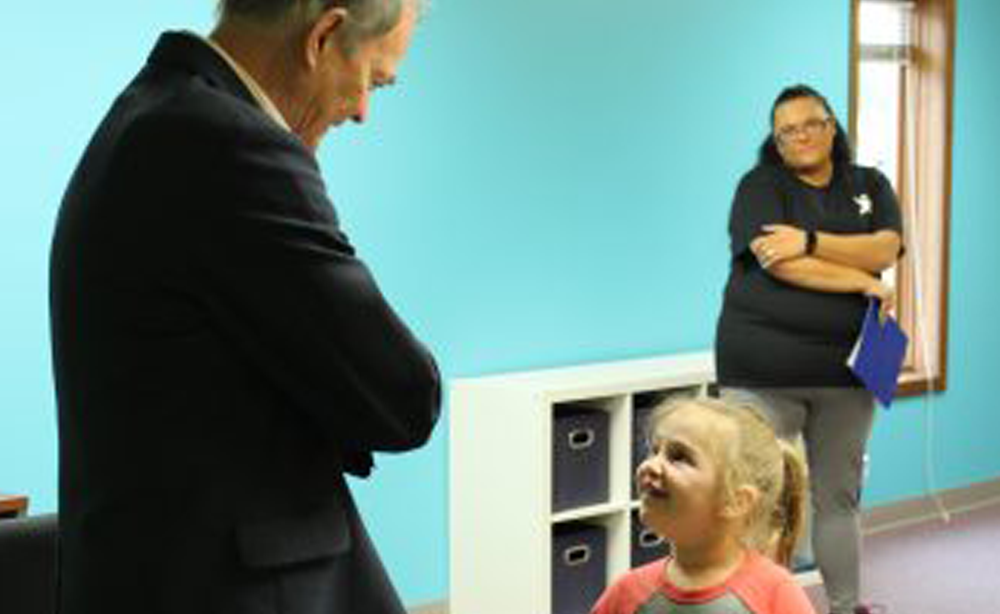While scientists work on finding the causes of autism behavioral specialists are making great strides in assisting child development through the use of technology.
How Technology Can Help with Childhood Development
Computers in the classroom have evolved from a luxury to a necessity as communication technologies progress. As traditional classrooms have proven successful with the use of modern technology, autism specialists have been researching and developing therapies that use computers to improve communication means for children with autism.
How Does It Work?
Research has found that many children with autism are visual learners. Computers provide teachers and therapists the means to create visual presentations as well as the ability to use communication software that resonates with children who have autism. Because children with autism often communicate through images as opposed to words, computer language software programs provide a way for children to communicate their wants and needs in a way that makes sense to them.
What are the Benefits of Using Technology to Help Children with Autism?
Through this means of positive communication, children experience a more enjoyable, less stressful learning environment that increases their ability to break down their barriers and develop their social skills. One of the most widely used learning techniques with technology is practicing cause and effect. For example, if the child is hungry and wants to eat, he or she would be taught to draw, find or present an image of a food item. The child would then show their picture to their teacher or parent and receive the food they asked for.
Technology and computers can also be used to benefit those who seek to further develop motor skills. Working with a computer, iPad, video game or any technology requires children to practice and develop their fine motor skills, something children with autism often struggle with.
To learn more about the use of technology in ABA therapy or how ABA therapy can help your child, schedule a tour at one of our centers by calling 574-387-4313.
Together, we can unlock your child’s potential







